A democratic election must not only be free and fair but also seen to be free and fair. And since an election involves political parties competing for votes, most elections become an intense battle fought with all resources available and in some cases, resort to self-help.
Nigeria, like many other parts of the world, has not been exempted from the malady of election and because of that, the people have never trusted the umpires that have manned elections over the years. Even when the nomenclatures of the body changed, not any significant improvements were seen in terms of the quality of elections.
From way back in 1959, when the Electoral Commission of Nigeria (ECN) was established to conduct the 1959 election to 1960 when then the Federal Electoral Commission (FEC) was established to conduct the immediate post-independence federal and regional elections of 1964 and 1965 and later in 1978, when Federal Electoral Commission (FEDECO) was created by the regime of General Olusegun Obasanjo to organise the 1979 elections, which brought Alhaji Shehu Shagari and also the 1983 exercise, elections have never reflected the wish of the people.
In December 1995, the late General Sani Abacha, had dissolved NEC in 1993, established the National Electoral Commission of Nigeria (NECON), which also conducted elections into local government councils and National Assembly but the elected officials were not inaugurated before Abacha’s death, in June 1998.
When eventually in 1998, General Abdulsalam Abubakar dissolved NECON and established the Independent National Electoral Commission (INEC), elections conducted since then have been by INEC.
Through the years, elections have been anything but fraud. In fact, since voting started in Nigeria in 1923, the elections of 1999, 2003, 2007, 2011 and the most recent ones being the governorship elections in Edo, Ondo and Anambra States, have been substantial proofs that elections in Nigeria are always marred by irregularities.
While there were high hopes that the Anambra election would have provided INEC with the opportunity to convince Nigerians that it was capable of conducting a near hitch-free election, it gave a less than average performance with the election fraught with irregularities.
Curiously, at this point in the nation’s history, Nigeria is at a crossroad. The 2015 election is considered a make or mar election that cannot go the way of previous elections, especially in the areas of irregularities and rigging.
There is tension among the major gladiators in the country. It is an election where the North is insisting that power must return to it while the minority South-south where President Goodluck Jonathan hails from is insisting that the president must have a second term at all cost. Therefore, INEC does not have the luxury to mismanage the coming elections, starting with Ekiti and Osun in June and August respectively.
The general feeling among the people is that if INEC succeeds in giving Nigerians a credible election, the possibility is that frayed nerves will be calmed. But where the contrary is the case, not many can predict what such portends for the future of the country, beyond 2015.
An option before INEC is that it must conduct a credible, free and fair election in Ekiti State where governorship election comes up next month and Osun State, in August, as a way to convincing Nigerians that it can conduct the 2015 election next year.
Though political parties have continued to allege plans by opposing sides to manipulate the process in both states, what is expected of INEC is that it should put in place a water-tight voting arrangement that would prevent the irregularities.
The good news however is that INEC had purchased voters’ card readers to test run in Ekiti and Osun as prelude for the general election. But that relief is temporary as there are indications that INEC is contemplating not using the facility again. It would have helped detect and eliminate multiple voting, which is the bane of conducting successful elections in Nigeria.
Although INEC is yet to make a categorical statement on the issue, the Coalition of Civil Societies in Osun State gave it seven days ultimatum which had expired to come out clearly on the use of voters’ card reader in the Ekiti and Osun elections.
Spokesperson for the group, Comrade Abiodun Agboola said the groups would force INEC to use voters’ card readers to guide against inconclusiveness of election as was in Anambra; failure which the body said it intends to draw the attention of the international community to the matter.
Suspicion was further exacerbated following the incident that preceded a recent by-election in Delta State. Before the election, INEC Resident Electoral Commissioners (REC) in Cross River State, Dr. Mike Igini, had told Nigerians that the Commission was ready to deploy card readers for the election. Strangely, the facility was not used during the election. It was conducted with hitches which forced the loser to question the credibility of the election.
Governor Kayode Fayemi of Ekiti State and his Osun State counterpart, Rauf Aregbesola, have repeatedly expressed concerns and have continued to implore INEC to give their states credible elections. For Fayemi, the concern is that because of the coming 2015 election, Ekiti could be seen as ground to prove the acceptability of the PDP in the South-west, and as such some people may resort to other means to make the point.
“My greatest worry is that there are elements who would want to turn this election into a referendum about national politics. It is not! This election is about Ekiti people – 2.5 million people who want a government that is progressive; that is accountable; that is transparent and can deliver the goods to them – provide jobs for the jobless, healthcare for its people, feed the hungry and improve the infrastructure.
“I see a lot of exaggerated clamour for entering into the South-west; that we need a vehicle to break into the South-west in order to break the control that the opposition has – the grip of the opposition on the South-west, and we must take Ekiti and once we take Ekiti, we will take Osun after,” he said.
His Osun State counterpart, Aregbesola has never ceased to urge the umpire to do all that is necessary to conduct an acceptable election in Osun and Ekiti States. Recently, during a rally held for Governor Fayemi in Ado-Ekiti, he tasked Nigerians to compel INEC to use the voters’ card reader for the elections in the states.
“It is significantly illogical for Jega’s INEC to argue that the magnitude of the infractions at the last election in Anambra was not sufficient to cancel the election outright. We cannot trust a body with such illogical thinking to do a good job of the next election especially because even the basis of that process – which is the voters register – had been mysteriously mutilated so massively that a considerable number of voters could not find their names on a register that had contained their names at the verification process.”
However, Jega, a former President of the Academic Staff Union of Universities (ASUU), has persistently said the conduct of the governorship elections in both Ekiti and Osun States would be a catalyst for the 2015 general election.
With admission of failure in the Anambra election, what is cogent is that if INEC does not give Nigerians a credible election in the two states, Nigerians would lose hope in its ability to give the country an acceptable election in 2015.
The consequences of failed elections in Ekiti and Osun are going to reflect negatively on the entire body polity of Nigeria. Nigerians will call for Jega’s sack. Even where he was not sacked and he conducted the presidential election, what is obvious is that losers have grounds to doubt the credibility of the election.
Therefore, with Jonathan’s assurances that INEC would get adequate funding, irrespective of the fact that the National Assembly had slashed its budget, what INEC should be doing to sustain democracy in Nigeria today, is to go to the drawing board and come up with a most reliable action plan.
This will allow for credible election devoid of logistical problems that could put a candidate at advantage, so that the election results are the true reflections of votes cast. It is only by so doing that Jega and his team can be seen as having contributed to stability in Nigeria.
THIS DAY
 The Osogbo branch of the Nigeria Bar Association (NBA) over the weekend ,expressed worry over the absence of a division of the Federal Court of Appeal in Osun State.
The Osogbo branch of the Nigeria Bar Association (NBA) over the weekend ,expressed worry over the absence of a division of the Federal Court of Appeal in Osun State.


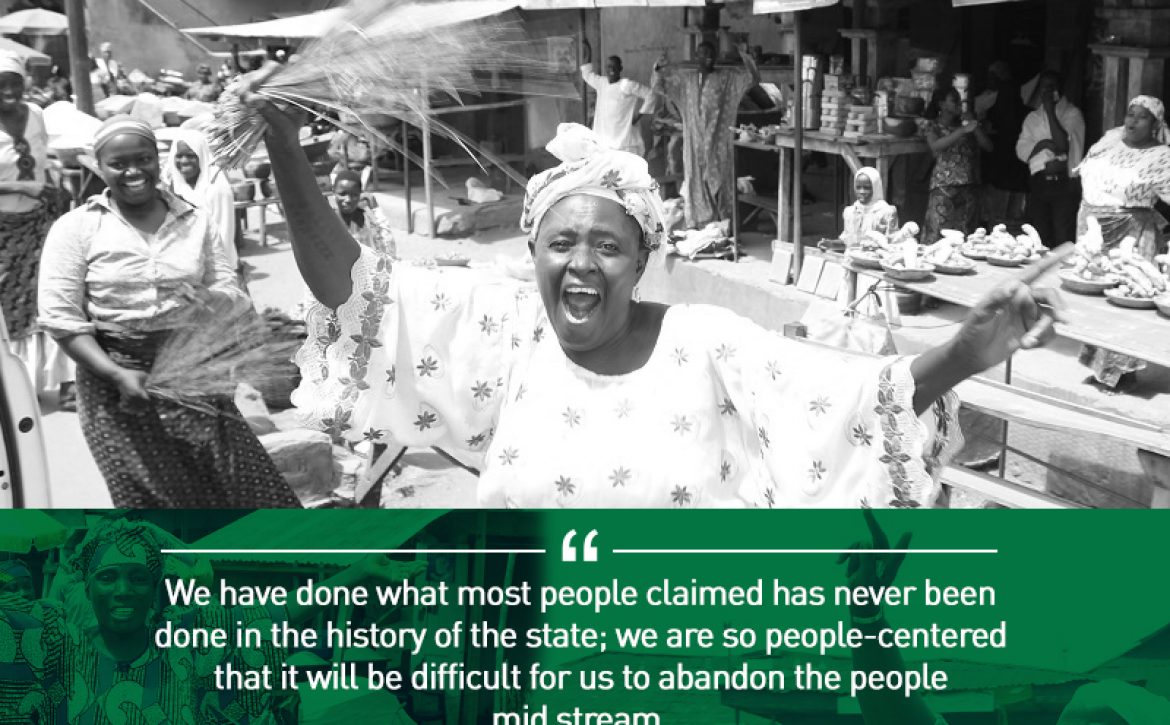

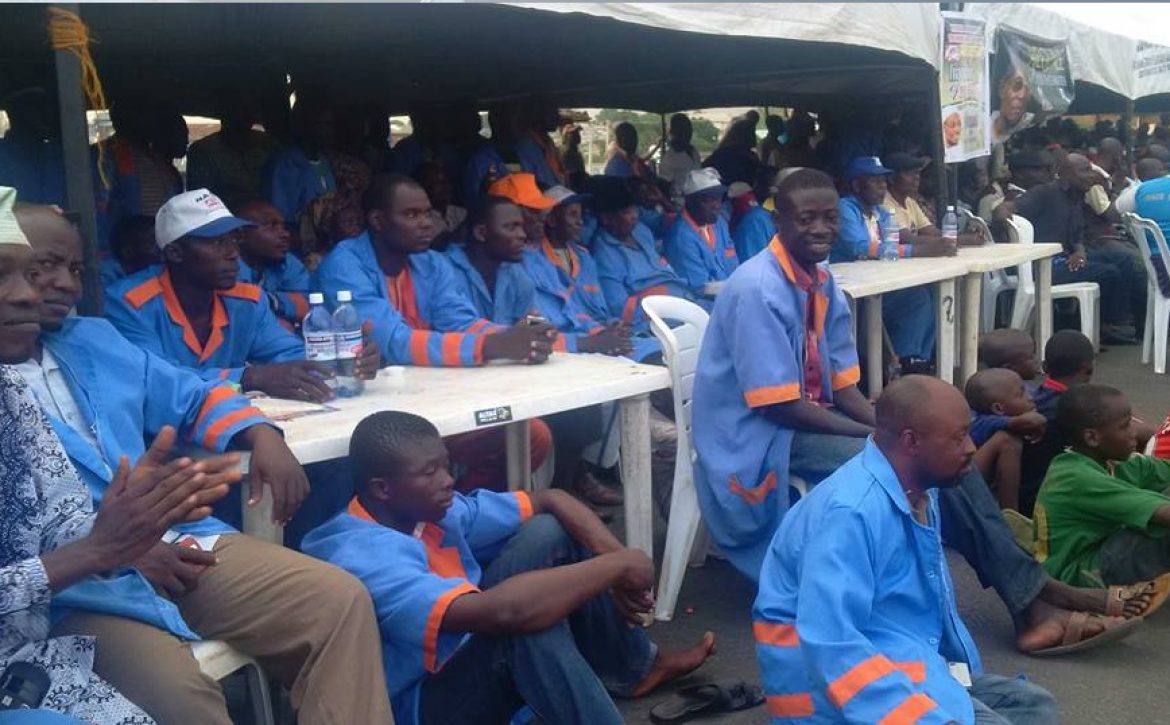

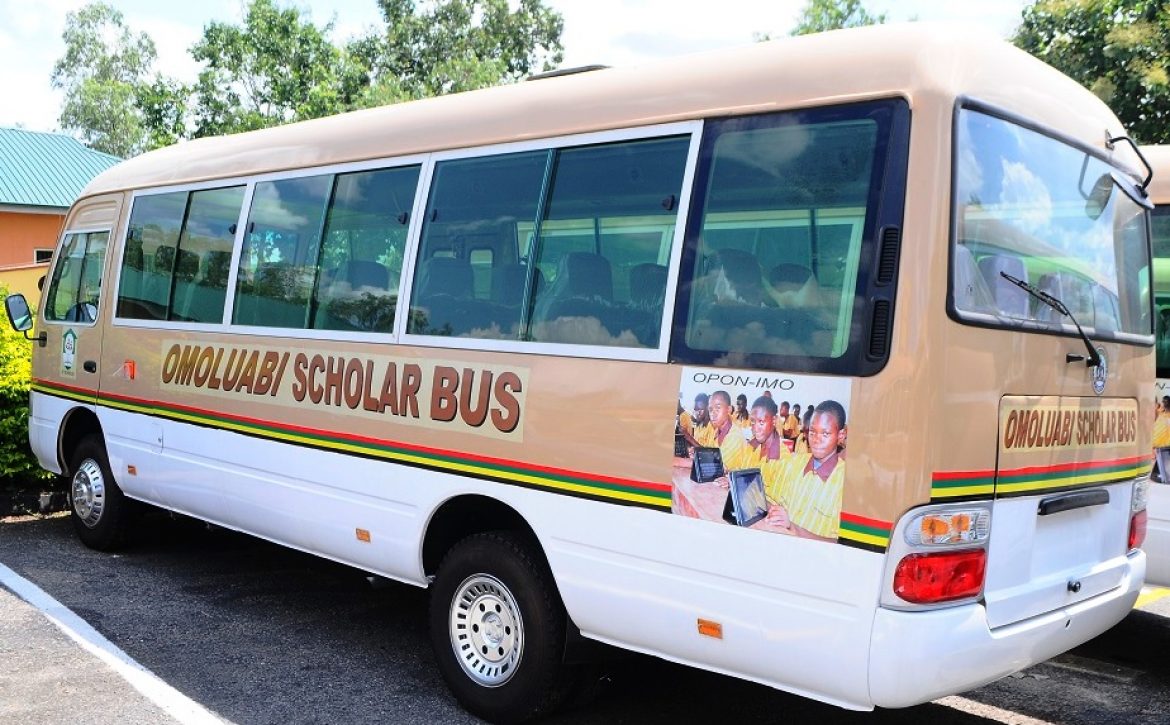

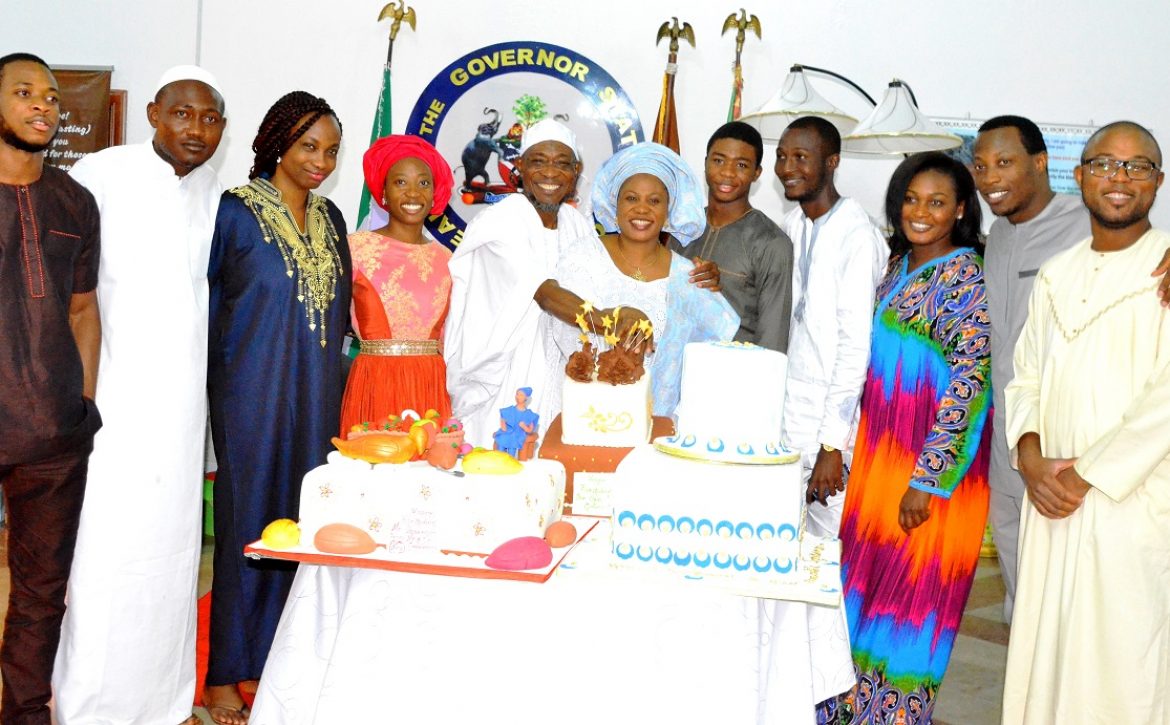


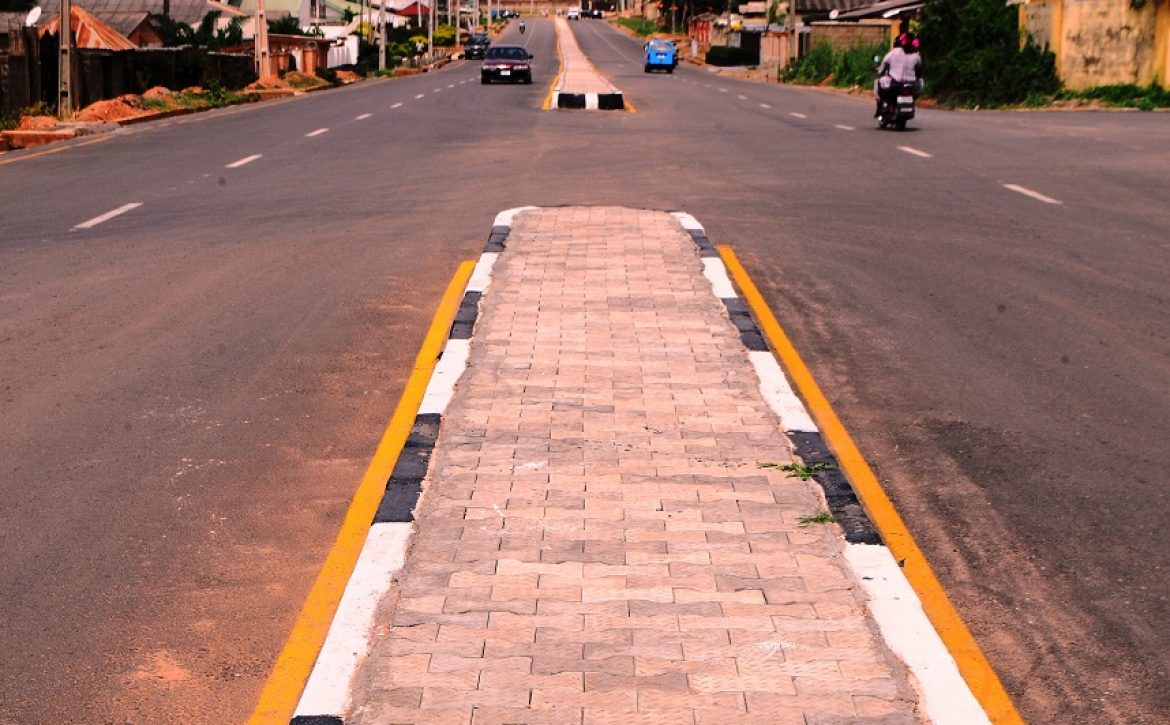

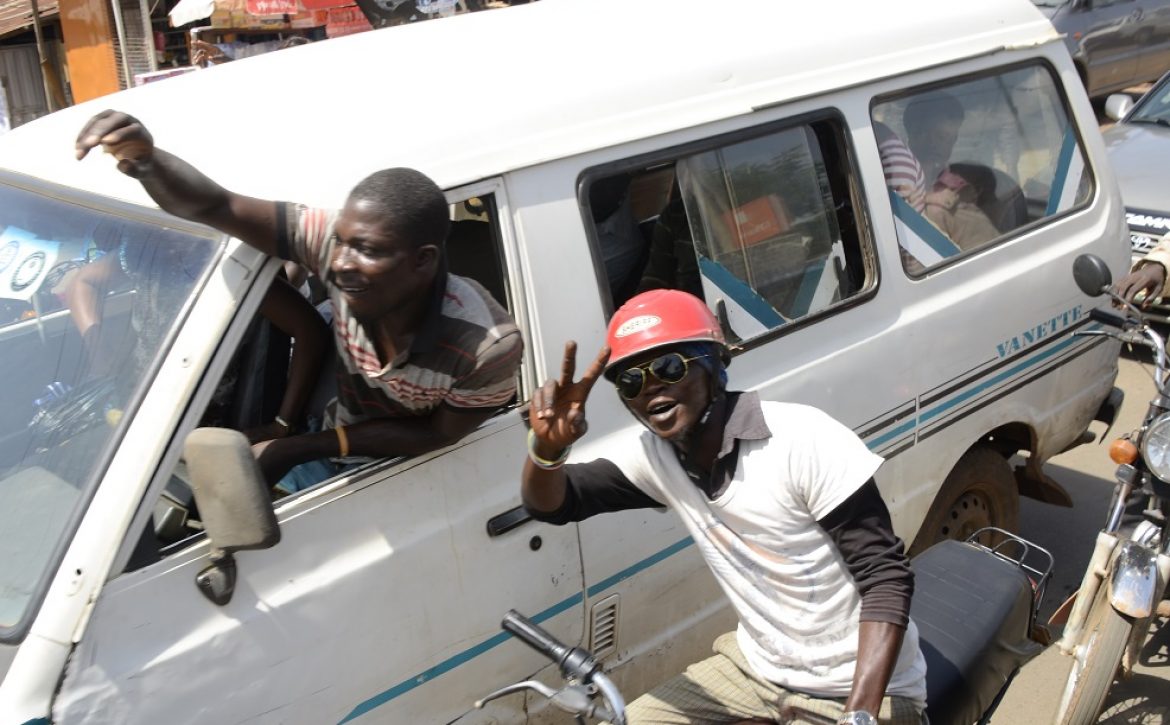
















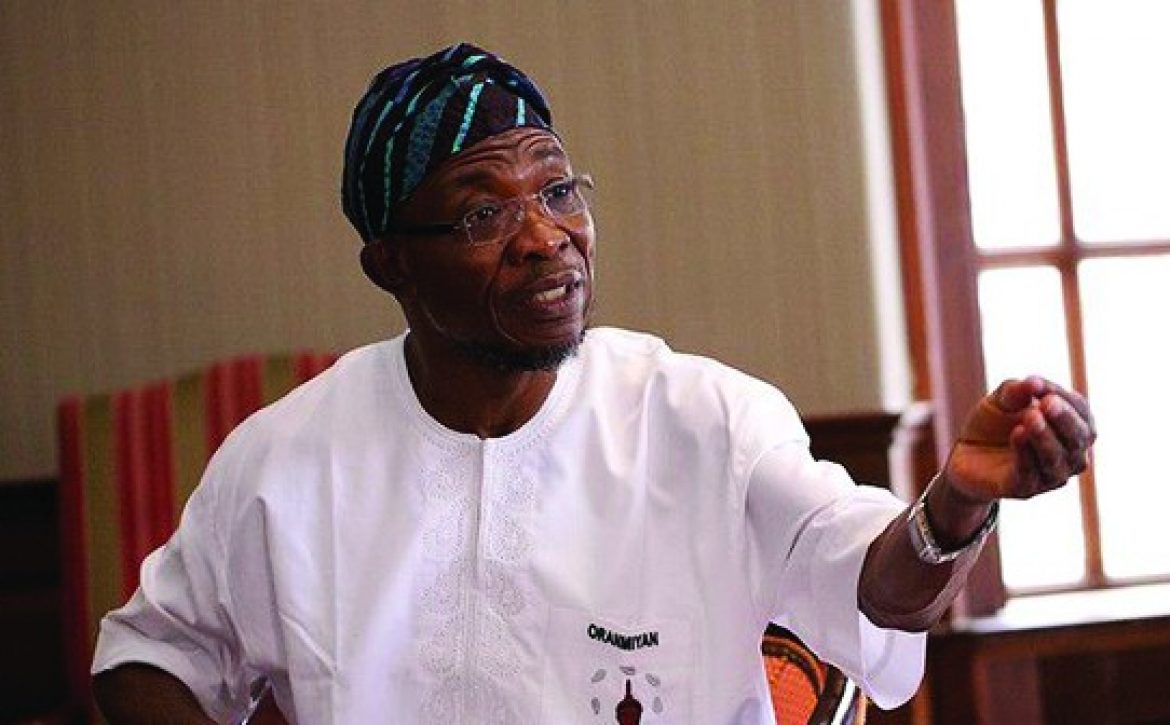

 The Independent National Electoral Commission as a critical institution of democracy cannot afford to fail again in its responsibility.
The Independent National Electoral Commission as a critical institution of democracy cannot afford to fail again in its responsibility.